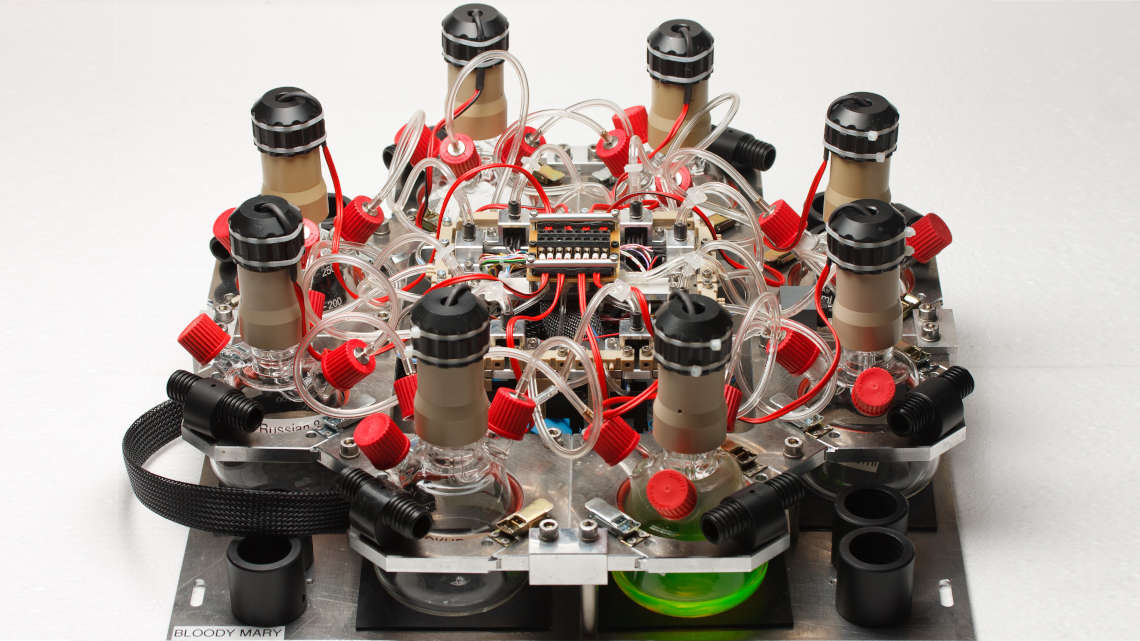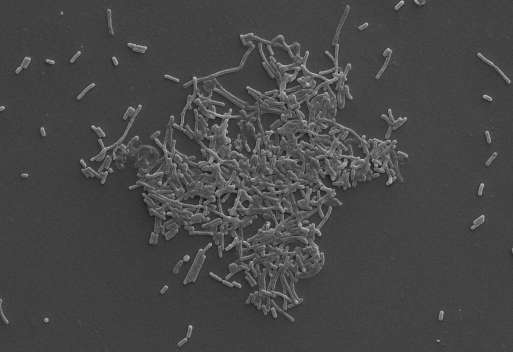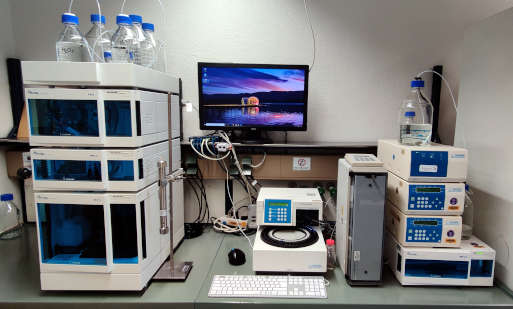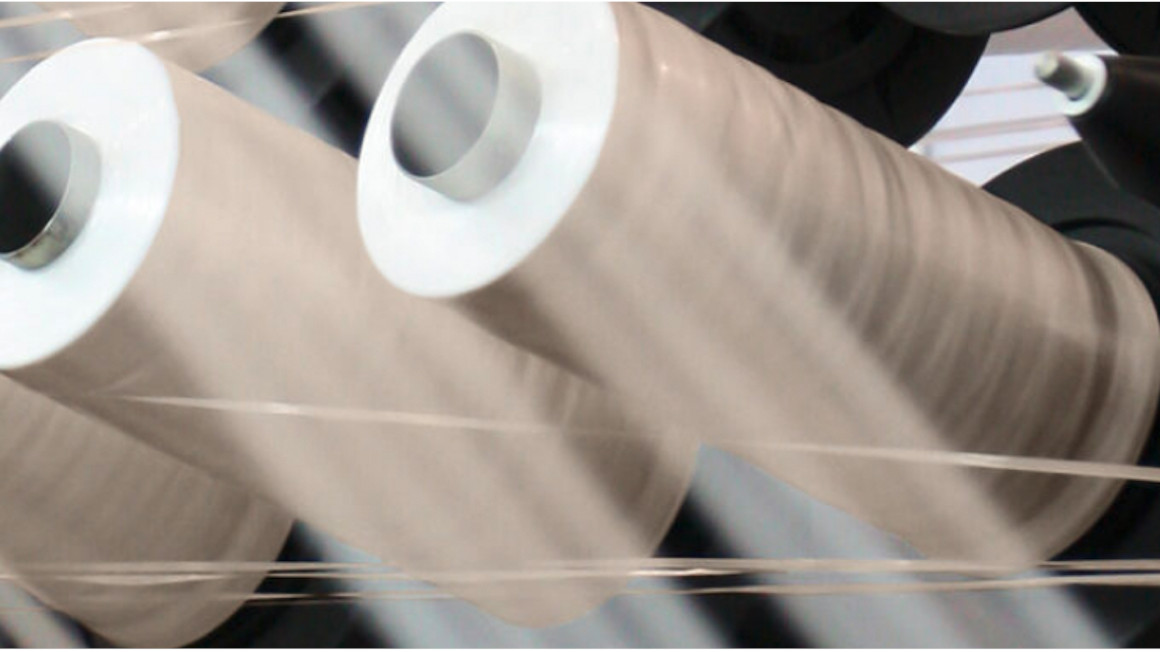
“Microbes can do more” could be the motto of the "Microbial Biofabrics for the Industrial Bioeconomy" funding program of the Federal Ministry of Education and Research. Its goal is to identify previously not industrially used microorganisms and to optimize them in order to create new products or processes. Bacteria from the Bacteroidetes group might have this potential, which the "BaPro" project now hopes to exploit.
Widely spread, but hardly noticed
Bacteroidetes bacteria are widespread in the environment and even constitute the largest part of the human intestinal flora. Most of these bacteria are anaerobic, which means they live in oxygen-free environments but which also makes them difficult to cultivate in the laboratory. This might also be why they have been largely ignored by biotechnology until now. "The microbiological groups in the project have been working with these bacteria for several years," said the project’s coordinator, Uwe Deppenmeier from the University of Bonn. Therefore, a considerable amount is already known about the metabolism and biochemistry of microorganisms and the project does not have to start from scratch.
That helps a lot because the project partners, among them not only microbiologists but also specialists in genome and proteome research and process engineering, want both establish basic knowledge as well as test the first biotechnological processes on a laboratory scale. This means there is a long way to go over the three-year period of the project, which is funded with 3.3 million euros. However, the project partners have high hopes: "We know that these bacteria have a huge influence on the intestinal flora because they can have probiotic properties as well as produce antibacterial effective peptides," said Deppenmeier to explain the interest in the Bacteroidetes. Their enzymes break down dietary fiber and thus make an important contribution to digestion. In addition, the microbes produce succinate and propionate, two basic chemicals of interest to the chemical industry.
Electron microscope image of Prevotella copri, an important representative of the Bacteroidetes bacteria in the human intestine.

Several product groups in view
In total, the project partners have identified five subprojects to find and test bacterial strains for the production of the respective connections. The first task is to increase the number of available and characterized strains. To do so, the microbiologists want to isolate, enrich and characterize new strains from various sources - from the ocean to the elephant intestine. In addition, existing strain collections and databases will be evaluated.
Based on this, the other subprojects will focus on specific metabolic projects. The first group are probiotics and antimicrobial peptides. How exactly the bacteria interact with their host in the intestine is largely unknown and therefore, part of "BaPro"’s research. Finally, the scientists hope to determine which strains are particularly suitable for probiotic or therapeutic applications.
Applications reach from food supplements to antibiotics to fragrances
The next subproject deals with polyphenol derivatives, which include flavonoids and tannins. Polyphenols are important as antioxidants for human metabolism, stimulators of the immune system, blood pressure regulators and they have an anti-cancer effect as well as other functions. Later, industrial applications might range from food supplements to new approaches to antibiotics.
Bioactive phenolic acids are another focus of the research project. These substances are related to human health and are partly derived from plant sources, partly from microbial fermentation in the intestine. The production of food supplements would therefore also be a possibility here, and in modified form, phenolic acids also serve as fragrances and flavors.
The testing system for the analysis of metabolic end products of Bacteroidetes.

Basic material for bioplastics
Last but not least, the project partners are working on the production of bulk chemicals from renewable resources using Bacteroidetes strains. Succinic acid, for example, is the starting material for sustainable bioplastics and one of the twelve most important bio-based platform chemicals according to the US Department of Energy. Propionate is used as a preservative as well as in the production of herbicides, pharmaceuticals and plastics.
Project partner in the BaPro research network
Prof. W. Streit, University Hamburg; Prof. U. Deppenmeier, University Bonn; Prof. R. Schmitz-Streit, University Kiel; Prof. M. Basen, University Rostock; Prof. R. Rabus, University Oldenburg; Prof. J. Büchs, RWTH Aachen; Dr. T. Polakowski, Novozymes, Berlin
However, the researchers still have to do a lot of basic research before they can actually start optimizing the bacterial metabolism of suitable strains and develop fermentation processes that can be used for industrial purposes. At present, there are almost no protocols and methods for cultivating and genetically optimizing these bacteria, which therefore still need to be developed. Although the project partners have already achieved initial successes, the project, which started on 1 February 2020, is only progressing slowly due to pandemic protection measures. Still, "BaPro" has almost three years to realize the certainly great potential for novel microbial bio-factories.
Author: Björn Lohmann


